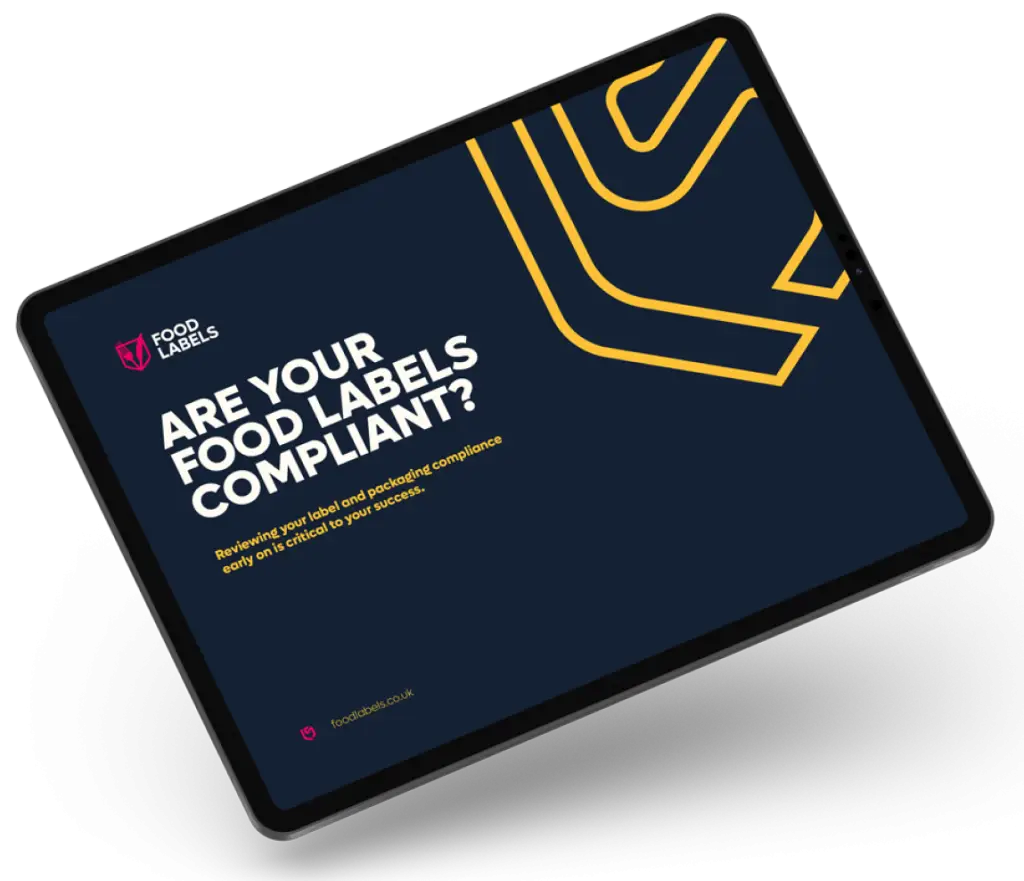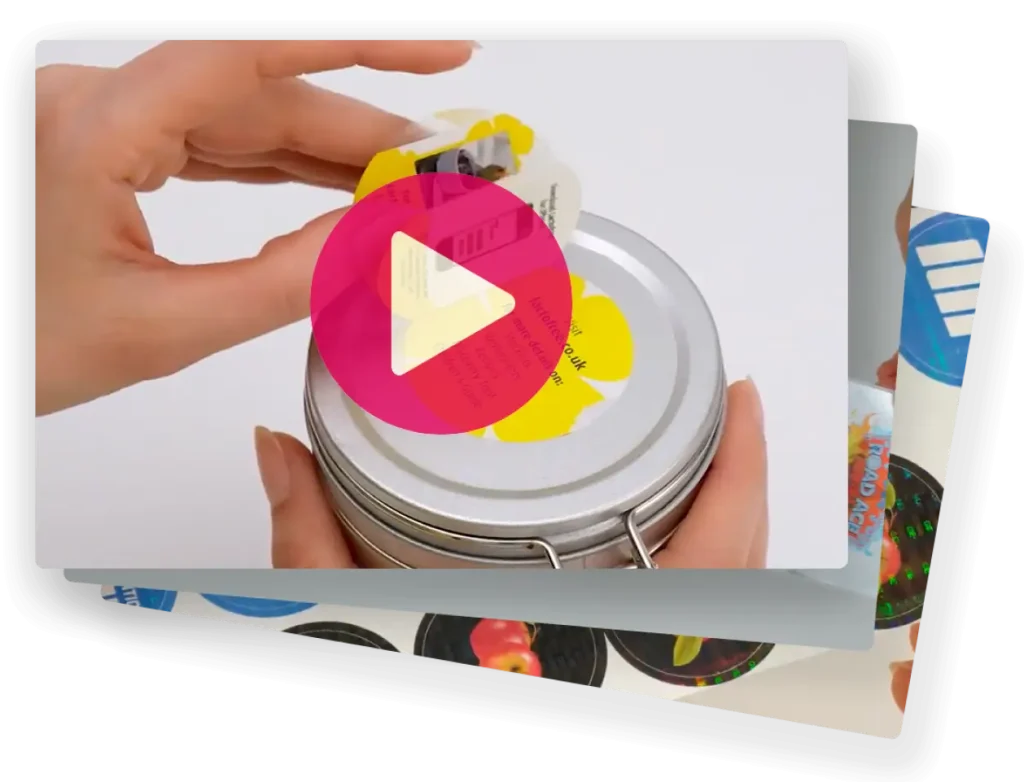Labels will be changing once again. The Green Claims Directive will make sure of that. Today it is difficult for consumers to make sense of the many labels on the environmental performance of products (both goods and services) and companies. Some environmental claims are not reliable, and consumer trust in them is extremely low. Consumers can be misled, and companies can give a false impression of their environmental impacts or benefits – a practise known as greenwashing.
With a proposed new law on green claims, the EU is taking action to address greenwashing, and protect consumers and the environment. Ensuring that environmental labels and claims are credible and trustworthy will allow consumers to make better informed purchasing decisions. It will also boost the competitiveness of businesses who are striving to increase the environmental sustainability of their products and activities.
The Green Claims Directive will help clear the EU market of unreliable and confusing green marketing, by establishing what companies must do to prove and communicate their green credentials. As consumers increasingly care about the environmental impact of what they buy, about 75% of the products on the EU market carry an implicit or explicit green claim; however, more than half of these claims are vague, misleading or unfounded, while almost half of the 230 eco labels available in the EU have very weak or no verification procedures.
The Commission’s proposal sets minimum rules for companies to back up their claims, including a prohibition to use any product rating system that is not based on EU common rules. It also sets minimum transparency requirements for sustainability labels, which will have to be verified by an independent third party, such as the EU Ecolabel, and it establishes a registry of the ecolabels that can be trusted.
Moreover, companies will be obliged to provide independent supporting evidence alongside their green claims, and market surveillance authorities will have to enforce this provision with regular checks and severe penalties in case of infringement. However, the EEB regrets the lack of a clear ban on carbon neutral claims and on the use of green claims on products that contain hazardous chemicals and urge the European Parliament and national governments to prioritise these provisions during the upcoming negotiations on the Directive.
The Problem
The number of retail products or services marketed as “climate neutral,” “low-plastic” or “packaging reusable” is rising rapidly as they increasingly represent a way for companies to get a competitive advantage. However, environmental claims like these remain largely unregulated, leading to some calling it the “Wild West” of green advertising. This means that consumers face an opaque world of sometimes robust, but often misleading, irrelevant or even factually wrong claims, in many cases amounting to greenwashing.
A 2020 study by the European Commission found that about half of the environmental claims assessed “provide vague, misleading or unfounded information about products’ environmental characteristics across the EU and across a wide range of product categories (both in advertisement as well as on the product).”
A survey by a German consumer advice centre showed that products advertised as “climate neutral” mislead consumers because the vast majority of people don’t have a clear idea what the claim means. Some legal experts also say that adverts with unregulated climate claims are barriers to real emission cuts.
Existing consumer laws – while making possible a raft of landmark climate “greenwashing” cases – fall short. Today, companies can call their products ‘carbon-neutral’ and provide no further information. While such a claim can be challenged, market surveillance authorities face an insurmountable number of possible inquiries. Another issue the Commission tries to tackle is that there are companies that would like to report their progress and they do not know how to do it properly.
The Initiative
As part of the European Green Deal – the EU’s green growth strategy – the European Commission has promised to step up its regulatory efforts to tackle false green claims. “Companies making ‘green claims’ should substantiate these against a standard methodology to assess their impact on the environment,” it said. The 2020 Circular Economy action plan commits that “the Commission will also propose that companies substantiate their environmental claims using Product and Organisation Environmental Footprint methods.”
Experts say that regulation is a major driver when it comes to sustainability, and the Commission tackles green claims with two legislative proposals. The directive on empowering consumers for the green transition, proposed in 2022, would ban generic and unsubstantiated claims. The new proposal, the directive on substantiating green claims, would introduce rules on how to make a green claim the right way, providing more information on what methodologies should be used to substantiate it and which information must be provided to the consumer.
With the proposal, the Commission aims to “protect consumers and companies from greenwashing and enable consumers to contribute to accelerating the green transition by making informed purchasing decisions based on credible environmental claims and labels, improve the legal certainty as regards environmental claims and the level playing fields on the internal market, boost the competitiveness of economic operators that make efforts to increase the environmental sustainability of their products and activities, and create cost saving opportunities for such operators that are trading across borders.”
Margaux Le Gallou, programme manager at NGO ECOS, says that if done right, the proposal will ensure that reliable claims get the visibility they deserve so that the products actually stand out. “Today, the companies bringing real change often do not get recognition.”
The Commission’s proposal is a Directive on Green Claims. A directive stipulates general goals, but has to be translated into national law by the member states.
The proposal:
- Targets “green claims” made by businesses that state or imply a positive environmental impact, lesser negative impact, no impact, or improvement over time for their products, services, or organisation
- Directive would require member states to set up verification and enforcement processes, to be performed by independent and accredited verifiers
- Claims must be substantiated and checked by an independent verifier, who will then issue a certificate of compliance
- Details on making and substantiation of claims:
- the option of using one standard methodology to substantiate claims was not pursued
- instead, claims must be substantiated with scientific evidence that is widely recognised, identifying the relevant environmental impacts and any trade-offs between them
- Together with the claim, companies must make available information on the assessment, e.g. through QR code
- claims or labels that use aggregate scoring of the product’s overall environmental impact on, for example, biodiversity, climate, water consumption, soil, etc., shall not be permitted, unless set in EU rules
- Climate-related claims: companies have to be transparent about which part of that claim concerns their own operations, and which part relies on buying offsets
- Climate-related claims: requirements on the integrity of the offsets themselves as well as on their correct accounting
- Microenterprises (fewer than 10 employees and less than €2 million turnover) are exempt from the obligations of this proposal
- Member states must introduce “effective, proportionate and dissuasive” penalties
- Directive also addresses environmental labelling schemes:
- must be transparent, verified by a third party, and regularly reviewed
- EUlevel schemes should be encouraged. New public schemes, unless developed at EU level, will not be allowed; and new private schemes are only allowed if they can show higher environmental ambition than existing ones and get a pre-approval
Originally, the Commission was expected to propose a regulation, a type of legislative act that is directly applied in all member states. However, the proposal is a directive – a legislative act setting out a goal which all EU countries must achieve. Each member state has to translate it into national legislation. This means that there could be slightly differing rules for green claims across the bloc.
The new law, dubbed Green Claims Directive, will neither create a unified EU-wide label nor ban existing ones. Instead, it will harmonise the requirements that apply to the hundreds of environmental labels currently on the market. Adding an environmental label will continue to be a business decision at the discretion of companies. But if they choose to do so explicitly, they will need to follow the directive’s guidelines.
Those that ignore the rules and persist in their greenwashing practices will be at risk of penalties, such as monetary fines, confiscation of revenues and the temporary exclusion from public procurement. “Companies, they routinely use environmental claims to market their goods, and, of course, when consumers see those claims, it’s extremely difficult to separate truth from fiction,” Sinkevičius said. The EU’s official Ecolabel will be spared from the rules because it already complies with the third-party verification criteria. The legislation proposed on Wednesday will now enter negotiations between member states and the European Parliament before entering into force.
Speaking to the press, Sinkevičius suggested that “most” of the green labels currently unsubstantiated will disappear after the directive is transposed but he avoided giving an exact number. The European Environmental Bureau (EEB) welcomed the directive as a “promising tool to wipe out the misleading claims that muddy the waters of sustainability” but regretted the lack of a clear-cut ban on green claims attached to products with hazardous chemicals.














